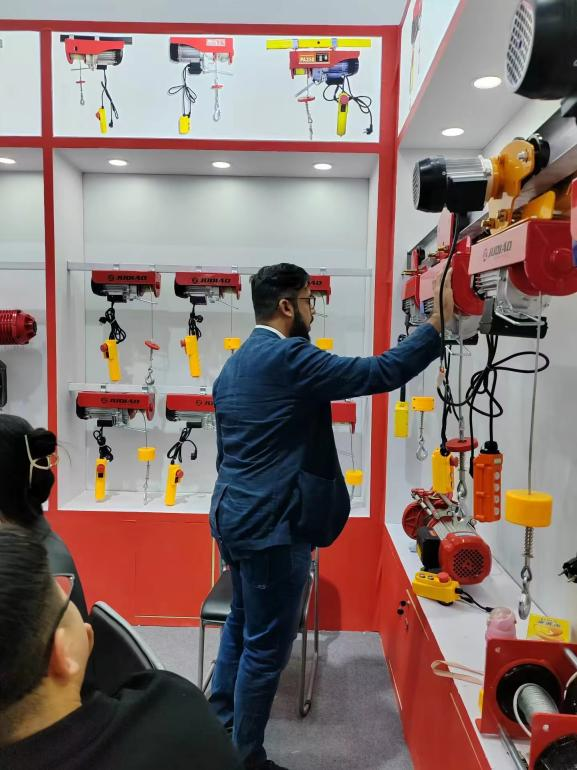


Understanding the Pricing of 3-Ton Weighing Scales
Weighing scales are an essential tool in various industries, including logistics, manufacturing, and agriculture. When it comes to heavy-duty applications, 3-ton weighing scales are particularly valuable. They offer the ability to accurately measure significant weights, ensuring both efficiency and safety in operations. If you are considering purchasing a 3-ton weighing scale, understanding its pricing and the factors that contribute to it can help you make an informed decision.
Overview of 3-Ton Weighing Scales
A 3-ton weighing scale, as the name suggests, can measure weights up to 3,000 kilograms or approximately 6,600 pounds. These scales are designed for durability and precision, particularly in settings where heavy items need to be weighed regularly. They can be found in several forms, including platform scales, floor scales, and industrial scales, each tailored to specific operational needs.
Factors Influencing Price
The price of a 3-ton weighing scale varies widely based on several key factors
1. Type of Scale There are different types of 3-ton scales, such as digital or analog, portable or fixed, and floor-mounted or platform. Digital scales often come with advanced features, such as connectivity options, which can increase their price significantly compared to simpler analog models.
2. Accuracy and Precision High-accuracy scales that provide precise measurements are typically more expensive. Industries that require stringent weight accuracy, such as pharmaceuticals or aerospace, may invest more in high-quality scales to avoid costly errors.

3. Material and Build Quality The materials used in construction play a vital role in the scale's longevity and reliability. Scales made from stainless steel or those with enhanced load-bearing capacities tend to be pricier but are more resistant to wear and tear, making them an excellent investment for regular use.
4. Brand Reputation Established manufacturers with a reputation for quality and reliability frequently charge higher prices for their products. Investing in a well-known brand may offer peace of mind, particularly for businesses that rely on accurate measurements for their operations.
5. Features and Technology Modern weighing scales often come equipped with advanced features, such as digital displays, memory functions, battery backup, and the ability to connect to other systems (like inventory management software). These added functionalities can raise the cost, but they also enhance the scale's usability and efficiency.
6. Market Demand and Supply Like any other product, the pricing of 3-ton weighing scales can be affected by market dynamics. Increased demand in specific industries, fluctuations in raw material costs, or shortages in supply can lead to price variations.
Average Price Range
On average, the price for a 3-ton weighing scale can range from approximately $500 to $5,000 or more. Basic models might be available at the lower end of this range, while high-end, feature-rich scales can reach upwards of $3,000 to $5,000. It's essential to clarify your specific needs—such as load capacity, precision requirements, and additional features—before making a purchase decision.
Conclusion
Investing in a 3-ton weighing scale is a significant decision for any business dealing with heavy materials. Understanding the various factors that influence pricing is crucial in selecting the right scale that fits your operational needs and budget. While it may be tempting to go for the lowest-priced option available, consider the long-term benefits of investing in a quality scale that ensures accuracy, durability, and efficiency in your weighing processes. Ultimately, the right weighing scale can enhance productivity and contribute to the overall success of your business.



